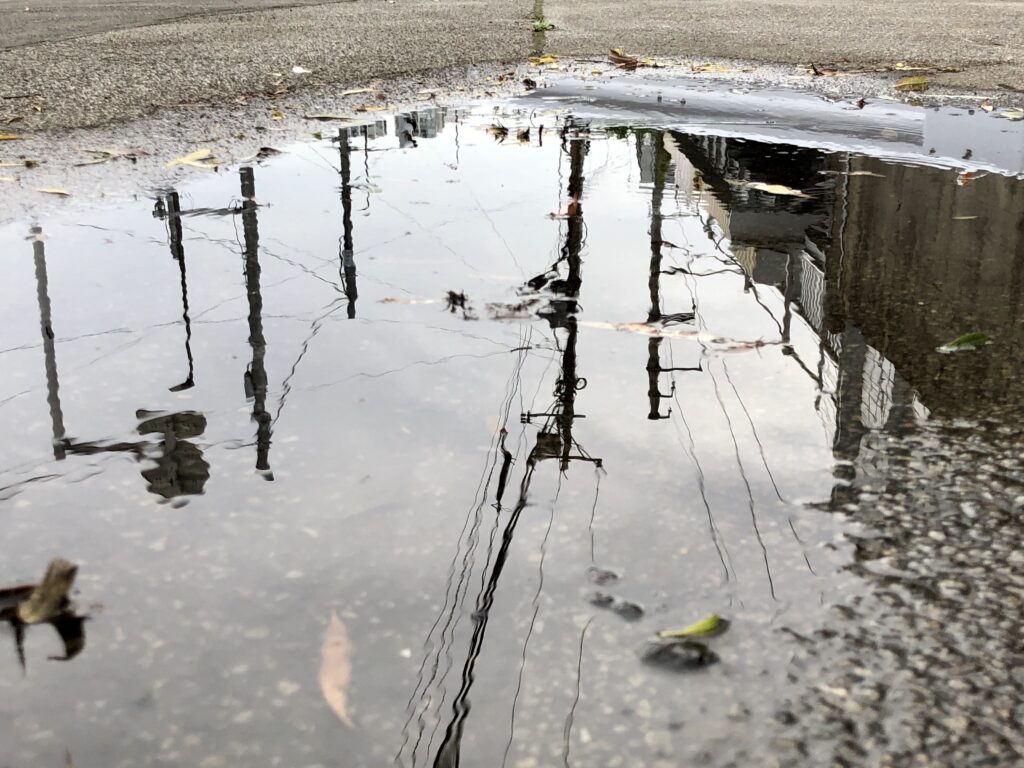I have become quite fascinated by Japanese surnames, and it is a pleasure to just walk around and looking at the nameplates outside houses, trying to read the kanji and get their meaning. Seeing a Japanese name often brings out a very vivid picture in me as there is a lot of nature and culture baked into the names. In Sweden, many surnames are ending in son, meaning just son. So Johansson means Johan’s son, Nilsson means Nils’ son etc. Of course we have more nature inspired surnames in Sweden too, such as Skog (meaning 森 in Japanese, forest in English), Sandberg (砂山 in Japanese, sand mountain in English) and Örn (わし and Eagle) just to name a few, but I feel they somehow pale in comparison to the Japanese names. Me still being a stranger in a foreign exciting country, there is no surprise that I am looking at aspects of life in Japan with different eyes than I would be looking at the same phenomena in Sweden where I have spend almost all of my life. But also – Japanese is a language that uses kanji, characters that are images with mening, and kanji give the names a much more standing out pictorial quality.
There is something very poetic in walking around a residential area a rainy day, looking at the names written on the entrance gates. 木下 (Kinoshita, under the tree), 吉田 (Yoshida, good luck rice field), 夏井 (Natsui, summer well), 山口 (Yamaguchi, mountain entrance), 岡村 (Okamura, hill village). I feel like I am walking immersed in the history and nature of Japan, and if walking alone I would put on some songs by my favorite Japanese singer 岡村孝子, Okamura Takako, in the headphones and just experience the beauty of being able to live my life in Japan.
Share this story:

